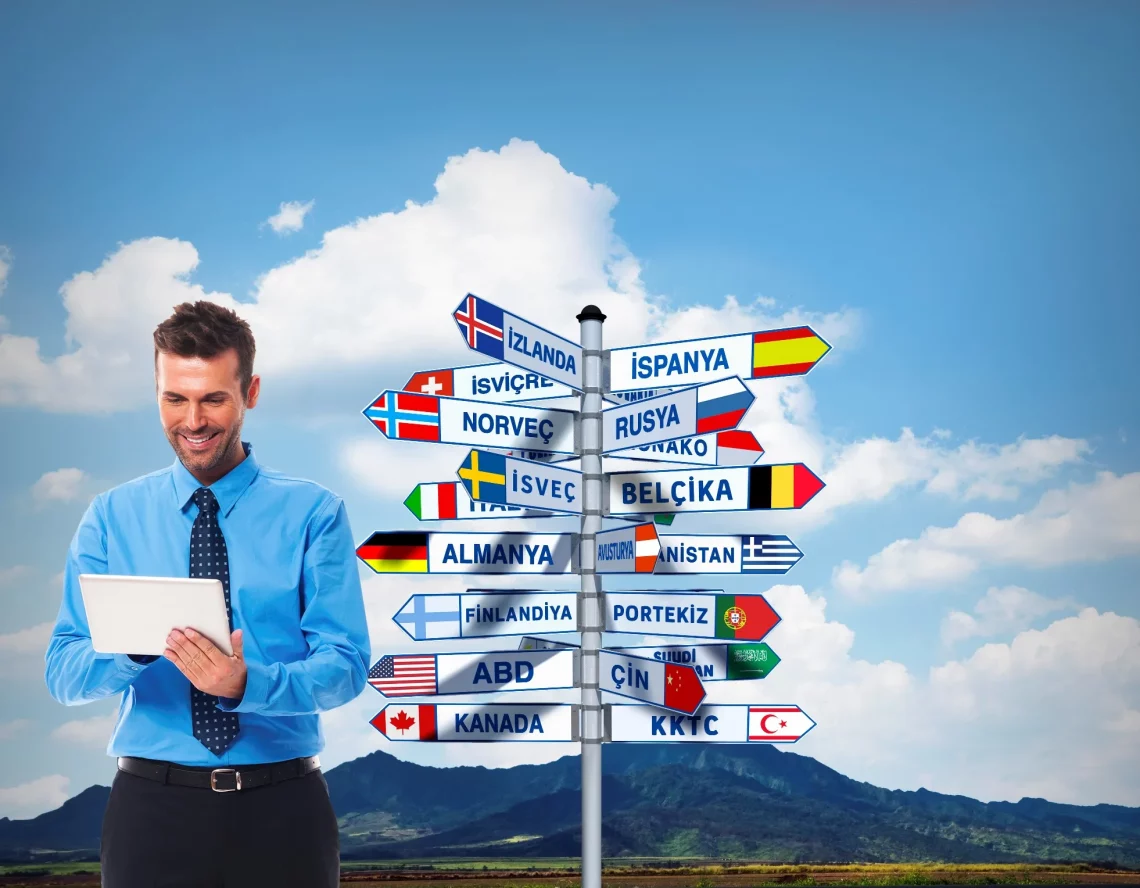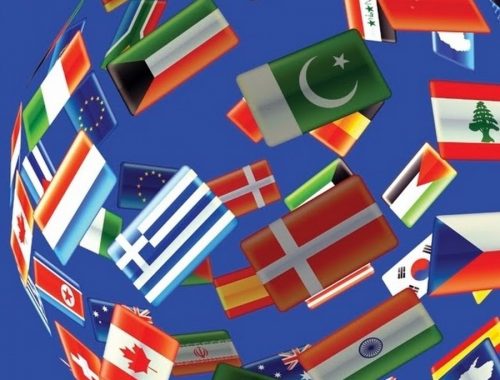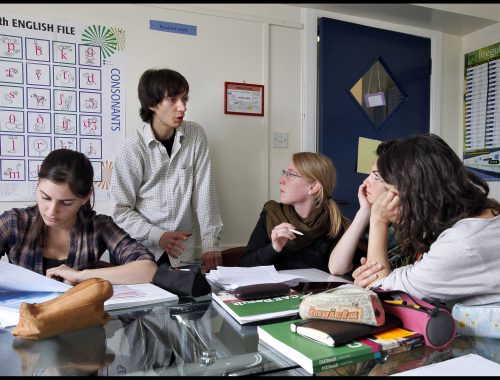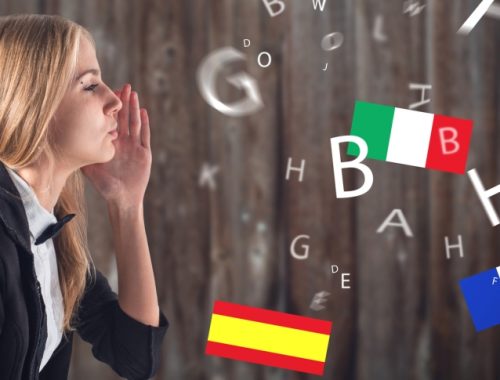
The Role of Translation in International Relations and Diplomacy
It plays a very significant part in international relations and diplomacy since it enables communication between nations whose languages are diverse, hence providing them with the ability to understand each other in order to cooperate, and most critically, coexist in peace. In this regard, translators contribute much more than simply moving the text from one language to another. Translators https://lingvanex.com/translation/english-to-tagalog assist in bridging the cross-cultural and cross-linguistic gaps and help therefore in serving towards a dialogue for humanity.
The Role of Translation in International Relations
Facilitating Communication: The One of the most apparent roles that translation serves in international relations is the facilitation of communication between countries. In so doing, all the important documents, treaties, and agreements must, therefore, be translated into all the relevant languages so that all parties can follow the contents perfectly well.
Fostering Mutual Understanding: Translators assist nations in understanding each other better and thus reduce some of the conflicts that arise from misunderstandings by translating works, cultural works, news, and information between two nations.
Promoting cooperation: from international agreements on climate change to health initiatives, translation enables the participation and contribution from each and every country, whatever the first language of its people.
The Role of Translation in Diplomacy
Any mistake in perfect translations will result in arguments and, in extreme cases, for diplomatic incidents.
Confidentiality: The information in the hands of a diplomatic translator https://lingvanex.com/translation/english-to-french is often very sensitive. He should, therefore, maintain very high standards of confidentiality to safeguard the process of the diplomatic dealings. Cultural Sensitivity: A diplomatic translator ensures that all cultural sensitivities are well avoided to the degree that it should not be offending when translated. He has to use the right kind of formality because most of the diplomatic languages are very formal.
Challenges in Translation for International Relations and Diplomacy
High-stakes accuracy: Translation errors may emerge with serious consequences in terms of conflicts or diplomatic incidents.
Translated at Breakneck Speed: Many a time, the translator has to work under the most stringent deadlines, from diplomatic negotiations to international crises.
Lack of Equivalents: There are cases whereby some words and phrases simply lack equivalents in other languages, hence forcing the translator to look for the best form in which they can be revealed.
In the realm of international relations and diplomacy, the role of translators extends beyond mere language conversion. They are mediators between the cultures, intermediaries for understanding and cooperation. Despite the difficulties, their work in our increasingly interdependent world is of primary importance, and the contribution of their work toward global peace and cooperation should be none other than less.
You May Also Like

Scientists have discovered that dogs can understand human speech
October 20, 2021
Learning two languages at the same time
May 12, 2022

